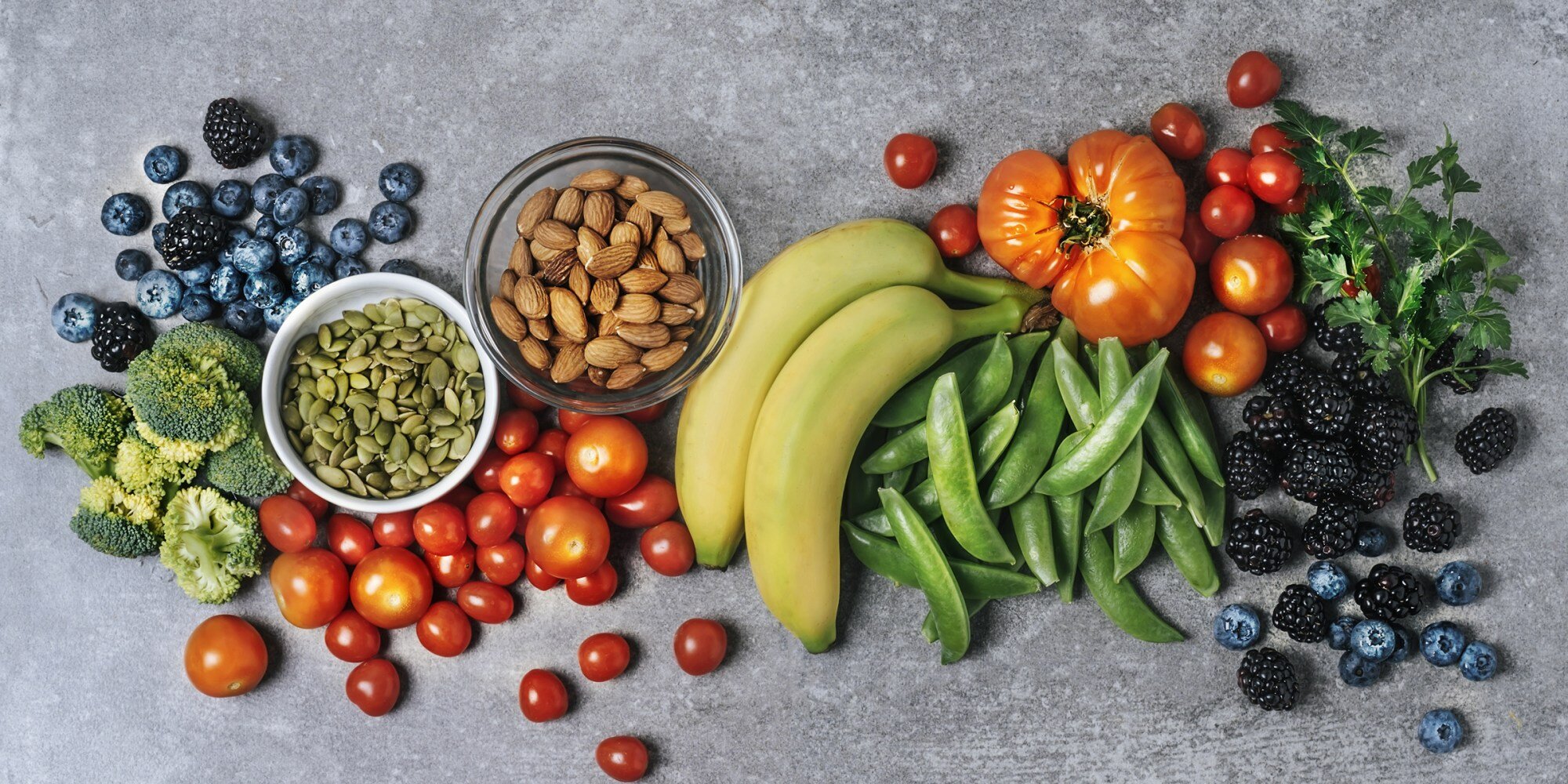
Anti-inflammatory diet
History:
Inflammation is the body's natural response to infection, disease, or injury. In recent years we have learned a lot about the mechanisms of inflammation. Studies show that inflammation is closely linked to diseases, yet researchers are still trying to establish the link between the inflammatory process, diet, and disease. Concepts such as "chronic low-grade inflammation" and "silent inflammation" are becoming more popular and heavily researched. It is believed that many chronic diseases are driven by underlying inflammation (1). Although not yet proven or backed with scientific evidence, many different types of "anti-inflammatory diets" have emerged. Researchers are still trying to figure out how what we eat may affect inflammation, but it is suggested that a diet rich in phytonutrients, omega-3 fatty acids, and nutritious foods may help to reduce systemic inflammation in the body.
Purpose:
The purpose of this diet is to choose the right types of food to avoid constant, low-grade inflammation to reduce the risk of illness and promote overall health (1).
General dietary practices:
Dietary guidelines for this diet are vague, but it is recommended that 40-50% of calories come from carbohydrates, 30% fat, and 20-30% protein. Additionally, all three nutrients should be consumed at each meal.
Here are tips for helping achieve the goals of this diet:
Make fruits and vegetables half your plate
Choose healthy fats:
Monounsaturated fats including olive oil, peanut, sunflower, and avocado oil
Eat omega-3 rich foods such as nuts, salmon, chia, and flaxseed
Favor whole grains instead of those made with refined flour, for instance, quinoa, brown rice, and whole-grain cereals
Minimize intake of saturated and trans fat
Avoid refined carbohydrates and processed foods as much as possible
Use a variety of herbs and spices, especially foods such as ginger, turmeric, and curry
Key concerns:
Various anti-inflammatory diets are circulating on the internet, not all providing adequate or healthy advice. Therefore, it is of utmost importance to do your research and understand the diet before making uniform lifestyle changes.
Further Resources:
Websites:
**The information presented provides an overview of the diet along with credible resources to refer to in order to learn more. This is not intended to make any dietary recommendations, rather an education tool for our clients.**
Reference:
Marcason W. What Is the Anti-Inflammatory Diet?. J Am Diet Assoc. 2010;110(11):1780. doi:10.1016/j.jada.2010.09.024
